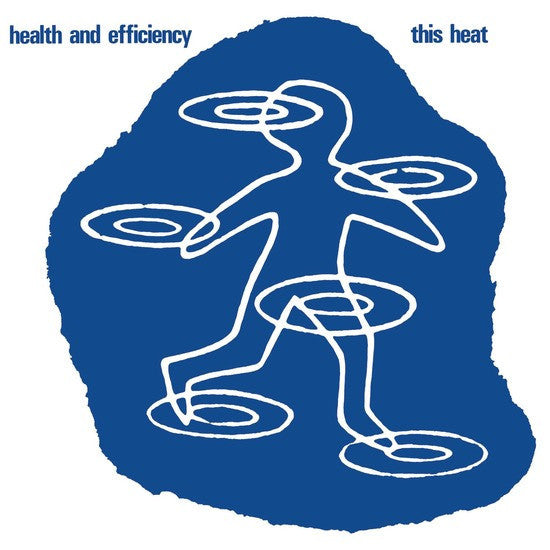1
/
of
1
South Records Ltd
This Heat - Health & Efficiency
This Heat - Health & Efficiency
Regular price
£22.99
Regular price
Sale price
£22.99
Unit price
/
per
Taxes included.
Couldn't load pickup availability
24 bit/96 kHz re-master from original analog tapes. 180 gram wax housed in an expanded gatefold tip-on jacket. Includes booklet with track notes and archival photos. Celebrating This Heat's 40th anniversary in 2016, Modern Classics Recordings re-issue the band's catalog - 1979's 'This Heat', 1980's 'Health and Efficiency', and 1981's 'Deceit' - with full co-operation of surviving members Charles Bullen and Charles Hayward. Four decades on, the tireless efforts of This Heat's process can once again be a revelation for new audiences. With their self-titled debut, This Heat sowed the seeds of post-punk, avant rock, noise rock and post-rock. The album took the trio - Charles Bullen, Charles Hayward and Gareth Williams - two years to create, and placed them at the forefront of experimental music. The follow-up, the 20-minute 'Health and Efficiency', proved to be a less laboured - and more conventional - record to make. Bridging the gap between the debut and their masterpiece, 'Deceit', the 1980 release found the band settling into a groove at their Cold Storage Studio. The eight-minute title track, remembers Charles Hayward, "was improvised pretty much fully-formed," and included the sound of the neighbouring school's playground and the band rolling bottles around in the gallery space next to their studio. That's where they found the maxi-single's sleeve too - Pete Cobb's blue and white image was on display in the same gallery. The track was recorded using a mobile unit found in the back of Melody Maker - the 16-track Zipper Mobile studio - and elements of second album 'Deceit' were laid down at the same time. As Charles Hayward notes: "Everything seemed to fall into place." On the B-side, the drone for 'Graphic / Varispeed' came from the song '24 Track Loop' on the first album, albeit manipulated, slowed down and sped up. "In the process, we realized that we liked the morphing of the sound from one state to another as the vari-speed combed the sound across the equalization, like a microscope. So we recorded the process itself, which is what you hear here," says Hayward. The intention was for the single to be able to be played at 33, 45 or 78 RPM - which you're welcome to do with this reissue, too. This Heat were feeling their way around the recording process, trying things that had never been done before. And though they had just one album left in them before Williams departed on another voyage of discovery to India, there was still much experimentation to come from the Brixton trio.
Share


